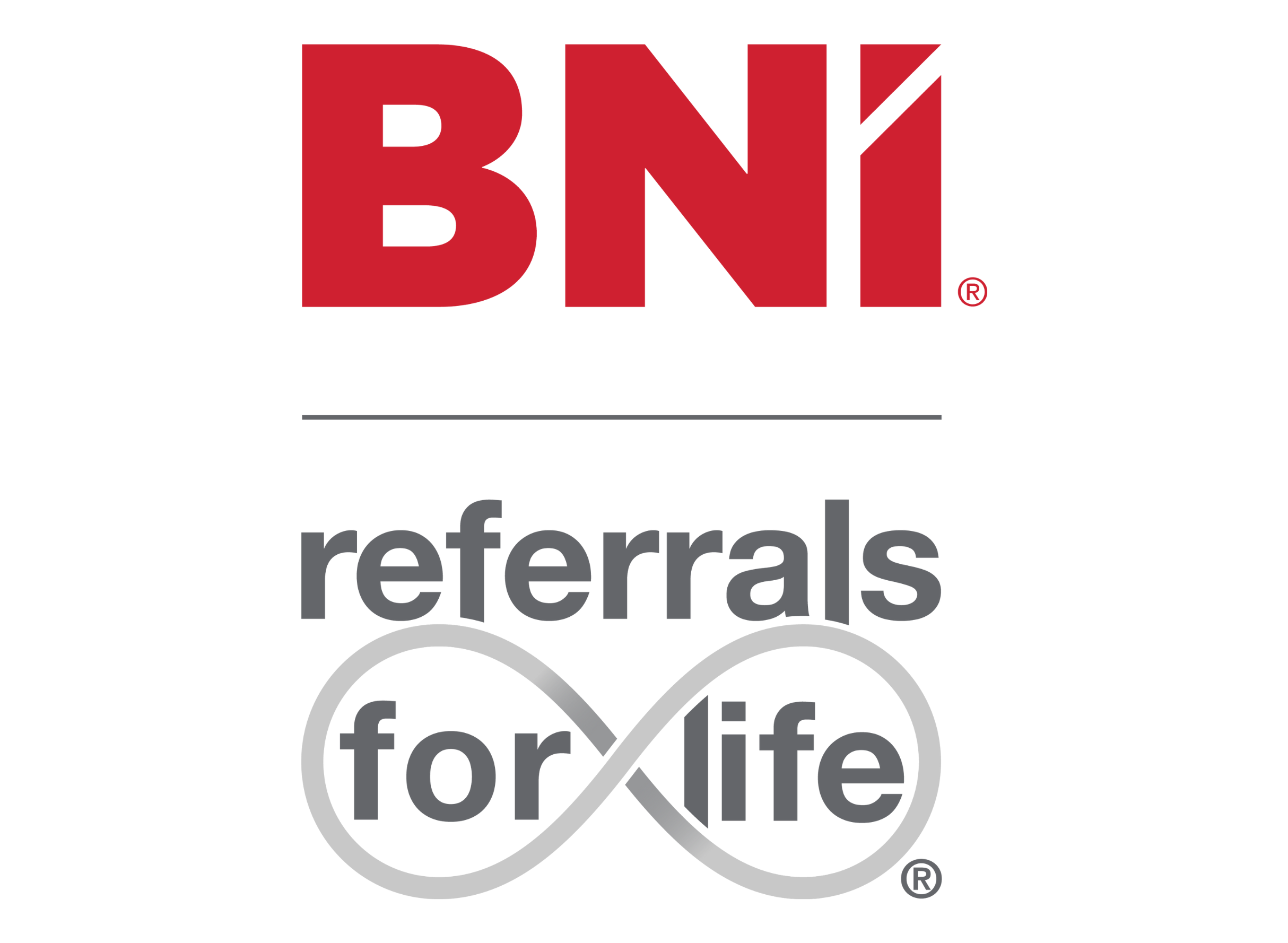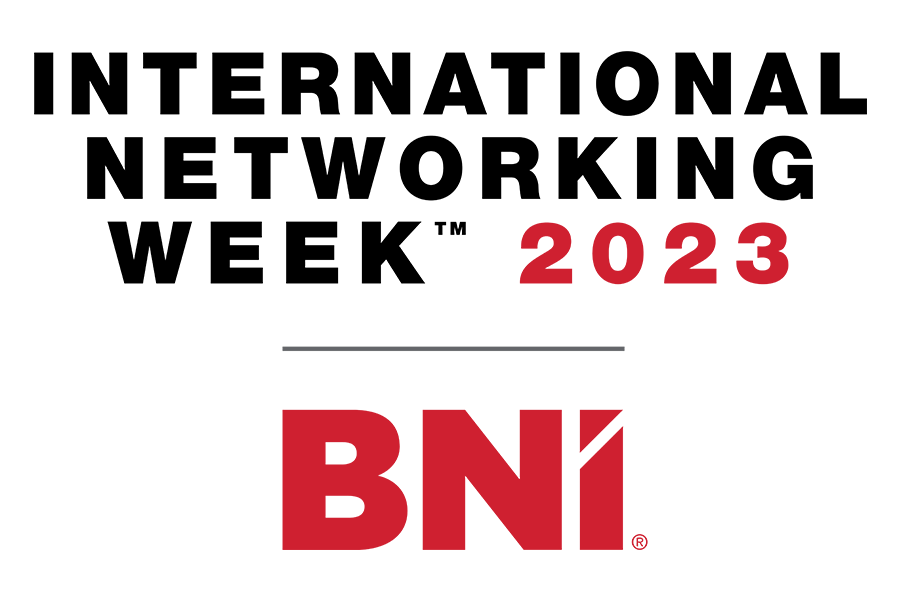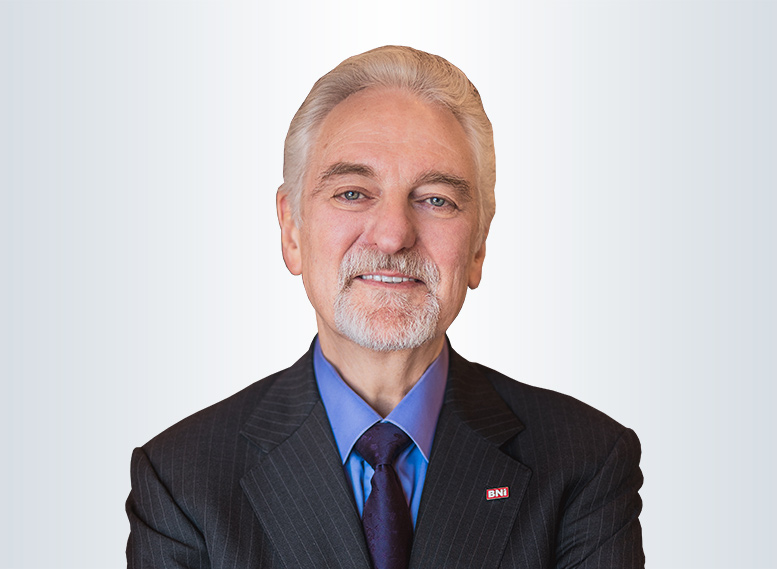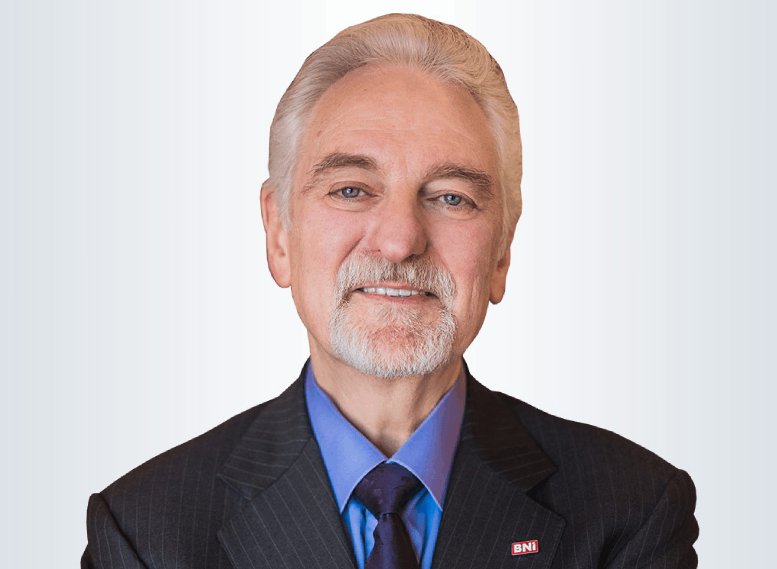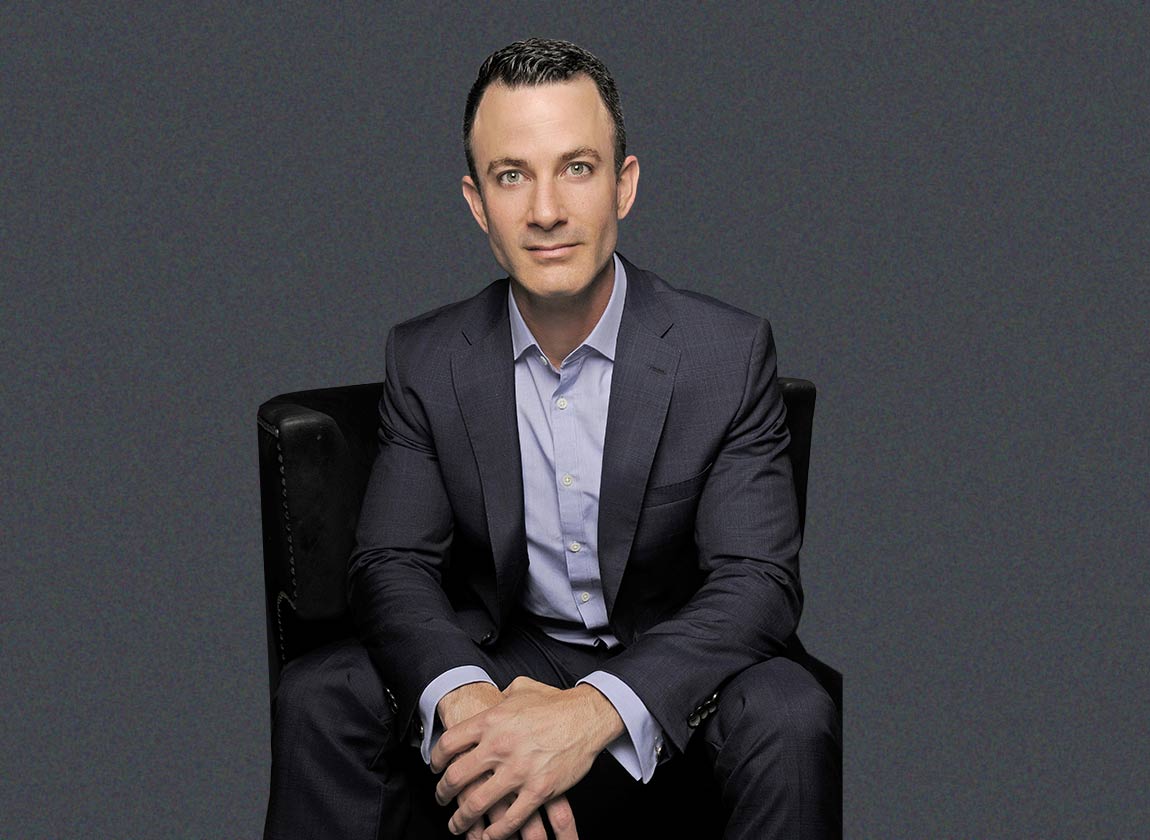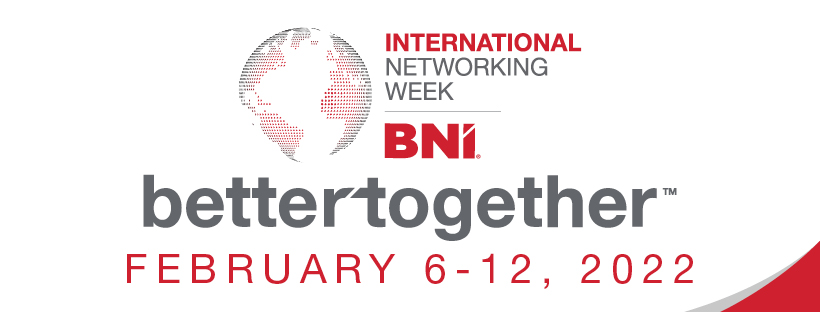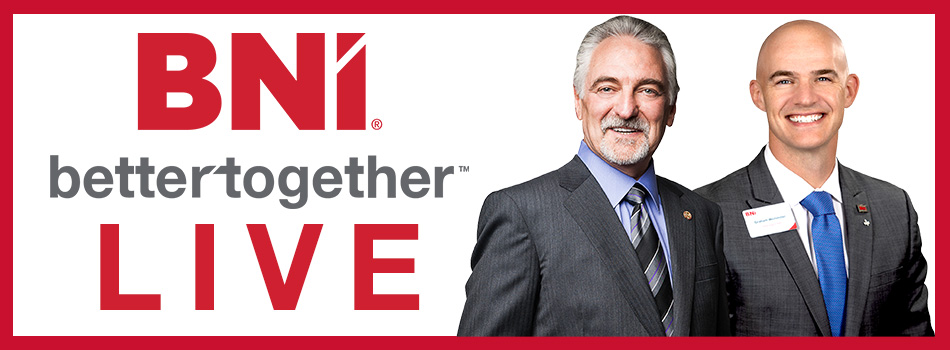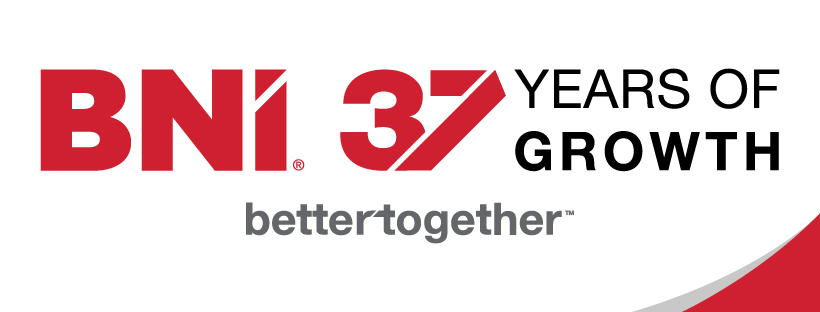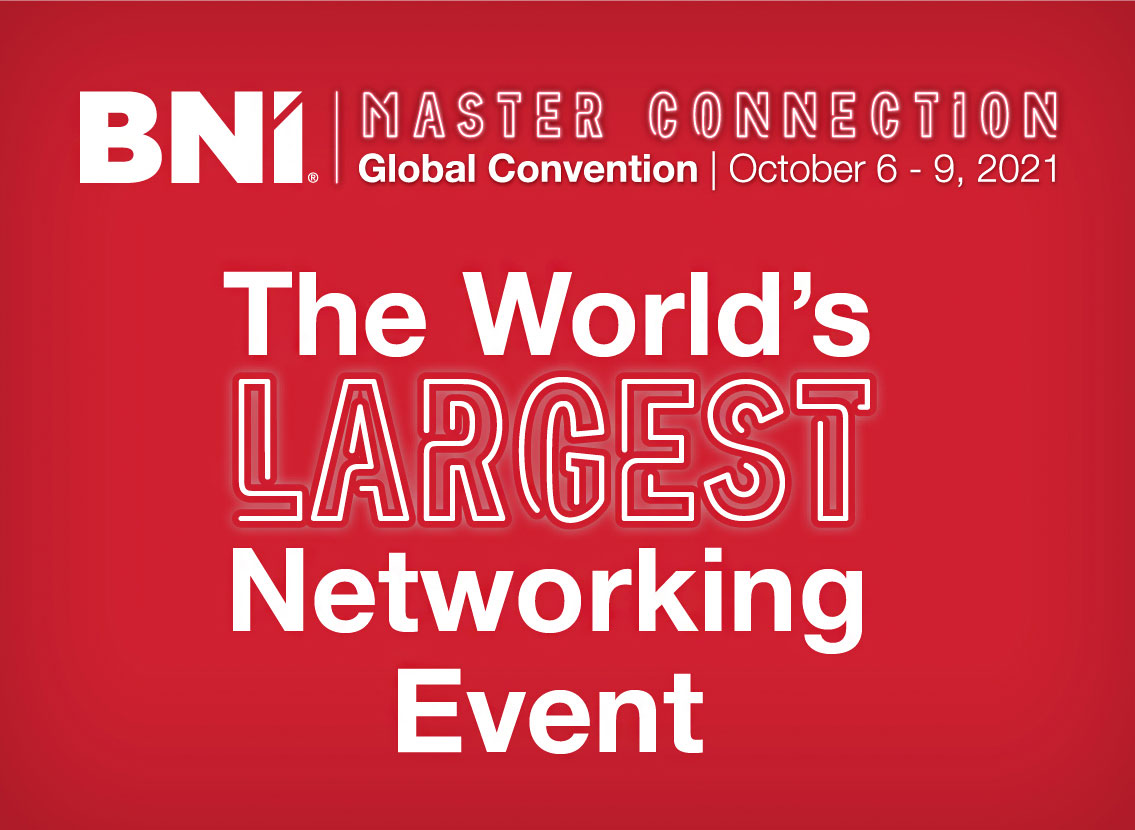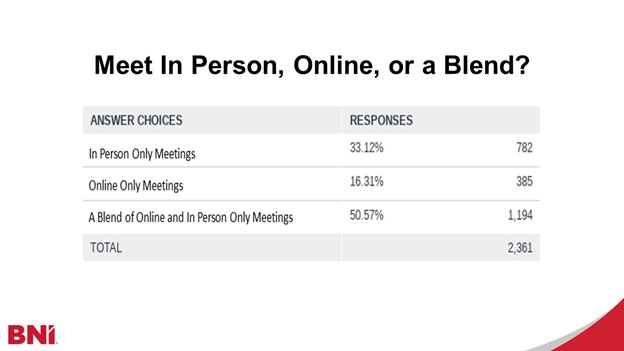In today’s digital age, it’s easy to fall into the trap of relying solely on online marketing and social media to build your business. While these tools can be effective, they cannot replace the power of personal connections when it comes to long-term business success. For Members of BNI®, cultivating personal relationships with other Members is a critical aspect of growing their businesses. The concept of Referrals for Life® is all about taking that value to the next level, by committing to a long-term approach to networking and referral generation. In this post, we’ll explore the importance of personal connections on long-term business success and how BNI Members can leverage those connections for maximum benefit.
Building Long-Term Business Success through Personal Relationships
At its essence, BNI’s philosophy of Givers Gain® means that by giving business to others, you will receive business in return. This philosophy is built on the understanding that networking is not just about making sales, but about building long-term relationships based on trust, respect, and mutual benefit. This is especially true when it comes to generating referrals, which are the lifeblood of many BNI Members’ businesses. When you have a personal relationship with someone, you are more likely to trust them and refer business to them. This trust is built over time, through regular interactions and shared experiences.
Personal connections are a key component of long-term business success. When it comes to networking and building relationships, few organizations are as effective as BNI. BNI provides business owners and professionals with a platform to connect with others in their industry, build relationships, and generate new business opportunities.
From Visitor to Member: Tammy Samuel’s BNI Success Story
Tammy Samuel, a current BNI Member in BNI USA, shares her experience with BNI. She says, “I first heard about BNI through my franchise mentor and every time we spoke, he would ask, ‘Have you joined yet?’ When I finally gave in and went to a meeting, I fell in love with the friendship of the team, the family-like feel, the constant referrals everyone spoke about, and genuine desire to watch everyone be successful. Within the first 3 months of being a Member, the referrals I received paid for my annual membership fee.”
Beyond Referrals: The Additional Benefits of Cultivating Personal Connections
But the value of personal connections extends beyond just generating referrals. When you have a network of trusted colleagues and friends, you have a support system to turn to when you need advice, resources, or just a listening ear. Business can be tough, and it’s essential to have people in your corner who understand what you’re going through and can offer guidance and support.
Personal connections are a key component of long-term business success. By building genuine relationships with others in their Chapter, BNI Members can generate more referrals, establish a support system, and lay the foundation for a thriving business that can last for years or even decades. Referrals for Life® is all about taking a long-term approach to networking and referral generation, and personal connections are a critical part of that approach. So, take the time to get to know your fellow BNI Members and invest in those relationships for the long haul. The rewards will be well worth it.
If you’re not a BNI Member yet, don’t miss your chance! Visit a BNI Chapter today. If you’ve been searching for strategies for business development, you’ve come to the right place! BNI has more than 38 years of experience in entrepreneur networking and education. We can’t wait to meet you!


